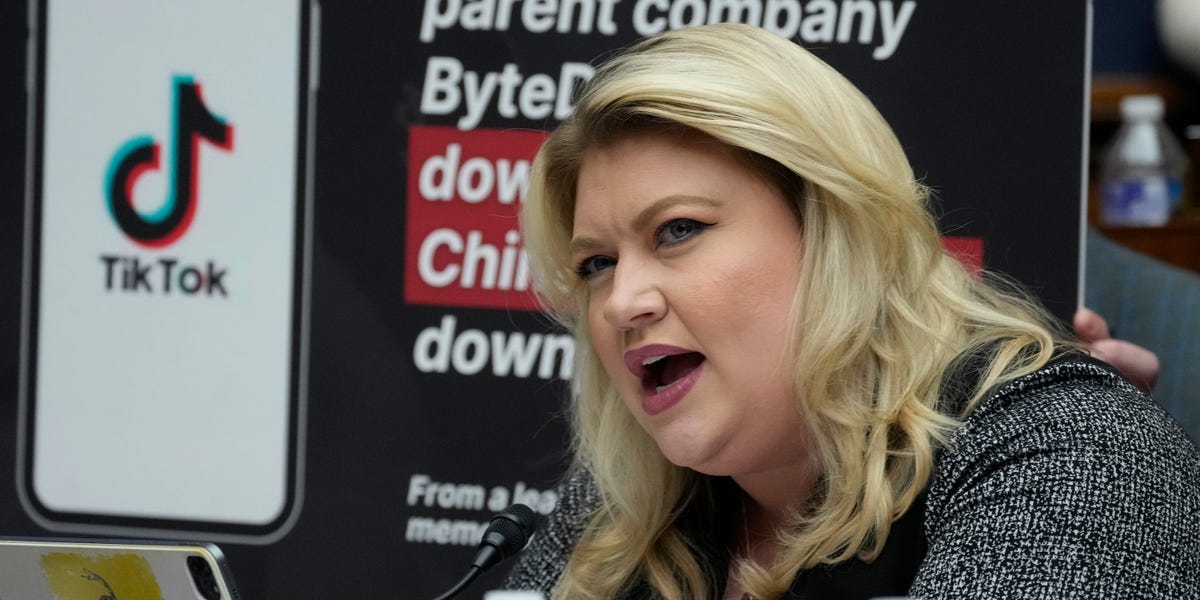The title’s wording suggests, to me, that people are going to TikTok for their news. That’s not what the article is claiming. It’s reporting that Americans distrust TikTok the least compared to other social media platforms.
compared to Facebook, Instagram, and X (formerly Twitter), respondents felt that TikTok was the app least likely to influence the news stories they saw, whether that be via algorithmic recommendations or content moderation.
By the numbers, around 61% of US adults said they felt TikTok was influencing the news they were shown, while 74% said Facebook was, 72% said Instagram was, and 66% said X was.
71% reported seeing inaccurate news on TikTok “sometimes” or “extremely or fairly often,” compared to 76% on Instagram, 84% on Facebook, and 86% on X.
I’ve never seen more TikTok than a few embedded humorous videos so I don’t know what kind of news is on TIkTok. I would venture to guess though that these numbers seem plausible.
The larger concern is that people are getting their news from social media and what these platforms are suggesting to people based on their ‘likes’ and who they’re following. If I’m only following Republican political leaders or MAGA members of congress, the business model of these platforms is to keep you engaged with more emotionally baiting content.
And, to repeat the author,
what respondents view as “inaccurate” should also be scrutinized, given that we live in a polarized news media ecosystem where information can be labeled as fake to serve a particular interest.
And this is why they want to ban it
Those are not adults
This is the best summary I could come up with:
It’s a big part of why it passed a law in April to force a sale of TikTok’s US assets from its China-based owner, ByteDance, or else face a ban.
In fact, compared to Facebook, Instagram, and X (formerly Twitter), respondents felt that TikTok was the app least likely to influence the news stories they saw, whether that be via algorithmic recommendations or content moderation.
Of course, what respondents view as “inaccurate” should also be scrutinized, given that we live in a polarized news media ecosystem where information can be labeled as fake to serve a particular interest.
Earlier this year, President Joe Biden signed a divest-or-ban law meant to address national-security concerns around what TikTok’s owner ByteDance could be compelled to do by the Chinese government.
TikTok grew its US audience rapidly between 2018 and 2022 after merging with lip-synching app Musical.ly and offering an endless stream of short videos centered on music, dance, comedy, and other areas of entertainment and media.
TikTok users told Business Insider last year that they tended to view individual creators or non-news accounts as more authentic, relatable, and trustworthy sources compared to traditional institutions that they believed had an agenda.
The original article contains 770 words, the summary contains 197 words. Saved 74%. I’m a bot and I’m open source!





